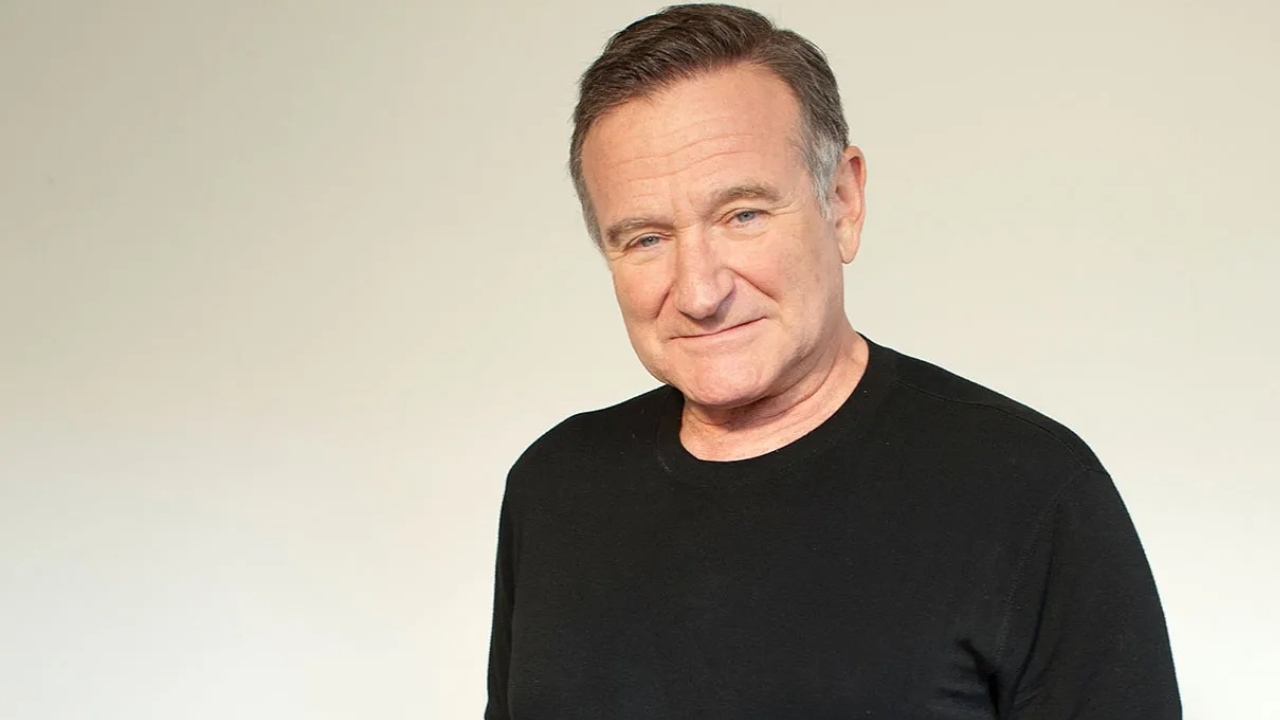The suggestion to use AI to recreate the death voice of Robin Williams brought forth universal condemnation from the public and renewed debate about digital consent and the unethical use of celebrity likenesses.
This idea originated with actor Matthew Lawrence while appearing on a podcast, where he mused about the possibility of AI putting Robin Williams’s voice into virtual assistants or entertainment apps for people’s homes. His thoughts were only theoretical and considered by him as a kind of tribute with no real project behind it; however, they hit the public like a lightning bolt, sparking prisoner reaction.
The Williams family, especially Zelda Williams, were opposed to it. The family has maintained a very vigorous position that the image, voice, or likeness of Robin Williams not be used without their express permission; Williams himself had fought against such uses. In 2015, it came to light that the estate had placed a 25-year limitation upon any commercial use of Robin Williams’s identity-from that date until 2039.
Regulatory frameworks are still very limited and inconsistent while the technology in place is capable of conducting very detailed voice and image simulations.
Industry experts observe how this particular case exemplifies the ever-widening chasm between technological possibilities and ethical safeguards. Elsewhere, the unauthorized use of AI for celebrity mimicry has thrown the spotlight on more high-profile legal wrangles involving big-name actors and musicians.
With generative AI tools becoming more and more accessible, the calls grow for more defined boundaries and legal safeguards. The backlash over the Robin Williams AI idea underscores the importance of respecting personal legacy and consent — values that, for many, should not be overridden by innovation.

